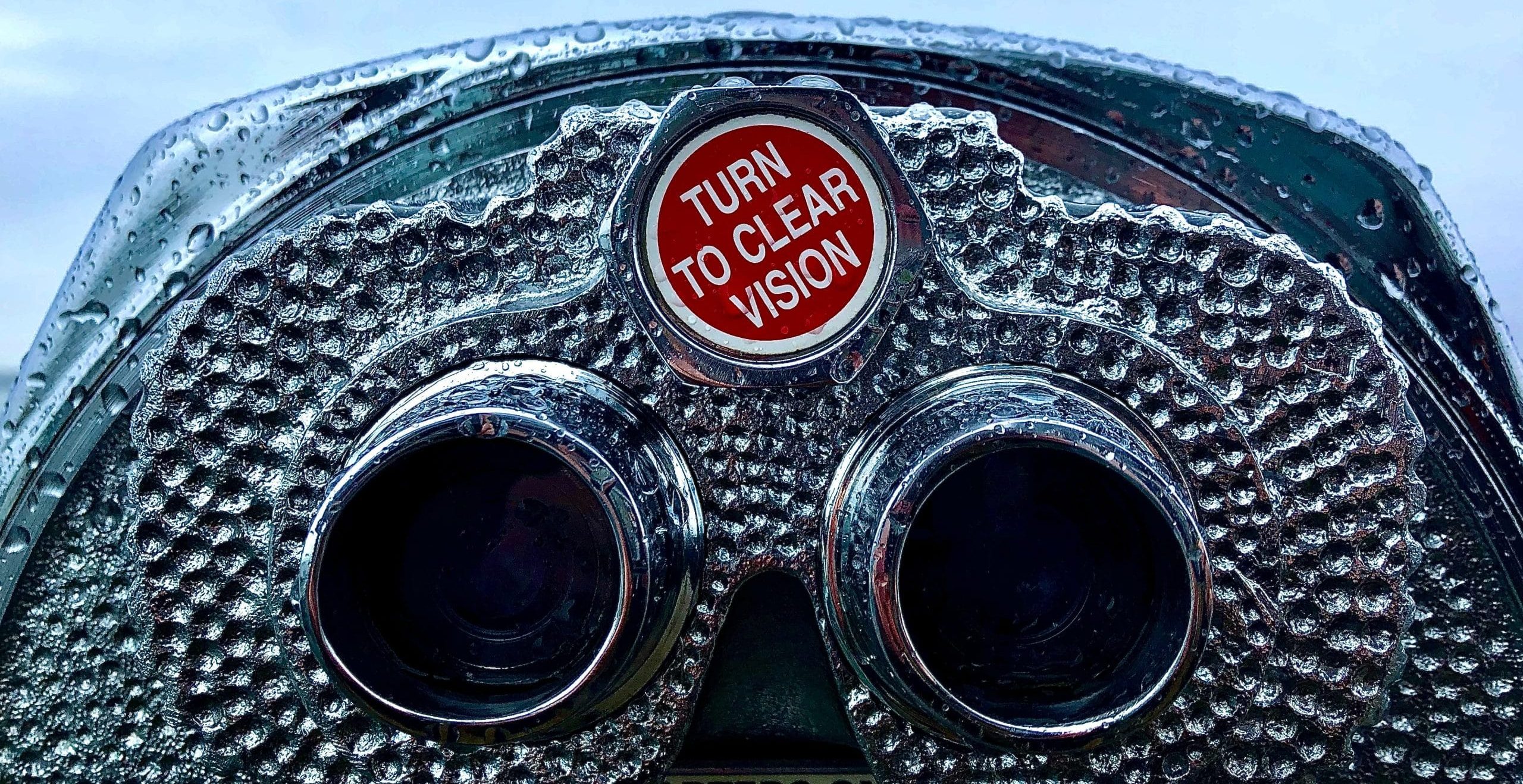
The demographic pool of patients in a deprived inner-city practice is uniquely diverse. High levels of alcohol and drug misuse, and psychiatric comorbidities affect standardised admission, mortality, and cancer rates. In the centre of Hull, which is the most deprived area of the city, we rank as the third most deprived local authority in the UK, with standardised mortality, admission, and cancer ratios about 4 times higher than the rest of the city,1 and an average age at death of 33 years (personal audit, unpublished data).
A publication in The Lancet in 2012 showed an S-curve of comorbidity against age, shifting towards the left.2 This is a highly abnormal profile of a practice, particularly by UK standards. For that reason, in Scotland and Yorkshire, we have called ourselves ‘Deep End GPs’, referring to the ‘inverse care law’ where, despite needing it the most, vulnerable patients receive the least funding.
A challenge in such a practice is how to deal with drug-seeking behaviour in patients with a forensic history, who often have anti-social personality disorders. Their level of engagement and insight into the consequences of their lifestyle is often limited and contributes to the low average age of death aforementioned. The extent of these personality disorders is severe. Constant security is required just in order to allow consultations to take place without compromising the physical safety of our practitioners.
… despite needing it the most, vulnerable patients receive the least funding.
The appropriate strategy with these patients depends on the particulars of the patient in question. While you can take a diagnosis on the basis of a patient-reported history, patients are not always reliable in their reporting — either because they conceal or do not understand problems in their health. As such you have to rely much more on clinical observation and inference.
For example, observe how the patient walks and if they exhibit pain when entering and exiting the consultation. Observe if they walk with a symmetrical gait, or have a normal arm swing and rotation of the spine when sitting down or standing up. You also have to look for depressive signs such as stooped body language, a monotonous voice, and/or distorted thought content. Malingering is often scripted, they tell a similar story each time and often recycle stories used by their friends.
Commonly, practitioners assess the history first and then observe patient behaviour. In my experience, this demographic of patients requires the reverse. Since the self-reported patient history is often unreliable, you must first assess the behaviour of the patient and then analyse the patient history.
It can be helpful to cross-reference the behaviour with the history to evaluate the reliability of a patient in self-reporting — if the behaviour corroborates the history, the patient may be more reliable in reporting their own problems, which, in turn, assists one in future consultations with those patients as one will know how to approach a patient one has seen before, prior to commencing the consultation.
The new tandem mass spectrometry can now test for any drugs …
Patients will not ordinarily use illicit opiates to control pain from the outset. However, deep vein thrombosis induced leg swelling, persistent abdominal pain due to chronic pancreatitis, and generalised osteoarthritis mean that an abrupt cessation of drug use is likely to result in illicit drug seeking for pain relief.
This pain relief can and should be administered weekly with methadone, rather than through other opiate substitution therapy, as a pharmacist supervises the former, thus reducing the risk of self-reduction and diverting (by ‘diverting’ we mean an illegal practice wherein patients preserve drugs to sell later). It’s also worth considering an extension of FP10MDA, the ‘blue scripts’, to gabapentin, pregabalin, and tramadol, or codeine too if and when daily medication dispensing is required. One could extend this, and we have ourselves, to anti-psychotics.
Recurring mental health problems are often at the core of these clinical problems, and there is a clinical overlap between them, pain management, and treatment for drug-seeking behaviour. In the latter two, they increase and decrease drug use respectively. A balance, therefore, must be struck by GPs.
Specialist services are often unnecessary as emotional dependent and anti-social personality disorders are, in my experience, the most typical diagnoses. Generalists are capable of conducting this. True psychosis is rare and often drug-related — routine drug screening in this scenario is helpful, prior to potential specialist referral on an ad hoc basis.
Enhanced urinary testing is now more accessible. The new tandem mass spectrometry can now test for any drugs, including tramadol, gabapentin, and pregabalin, enhancing standard ELIZAs for opiates, benzodiazepines, amphetamines, cocaine, and cannabis. This can be useful to spot if prescribed drugs are being diverted.
True psychosis is rare and often drug-related — routine drug screening in this scenario is helpful …
One must, however, remember that not all drugs must be consumed for a test result to be positive. In prisons, standard practice is observation of withdrawal symptoms for a diagnosis to be made of dependency. Accidental overdose of somebody who may be opiate naïve can cause death and in the prison environment this will be reported to the coroner, pro forma. The GP community should emulate this.
Outcome improvement will require practitioner confidence. To that end, GPs require enhanced training to supplement core training. Consultation times also need lengthening to 20 minutes to empower doctors to discover and understand complex patient issues, and to effectively communicate them in notes. This is essential in a patient pool whose average reading age ranges between 12 and 16 — they are often unable to understand and/or communicate their issues due to poor education.
In the lens of commissioning, funding likely needs ringfencing both for training and to allow for lengthier consultations. Ten years ago, this was £270 per patient per year but is now £70. A discussion between the Royal College of Psychiatrists and Royal College of General Practitioners has also pointed in this direction.3 Schemes set up in the ‘Deep End’ in Glasgow should be deployed nationally. Furthermore, a change in the curriculum can help remedy the shortage of GP trainees in this area. We have found that sufficient preparation invigorates students and trainees in this environment. If we provide this preparation, vacant traineeships will turn into a place of competition between the brightest and best.
References
1. Department for Communities and Local Government. The English Indices of Deprivation. 2015. https://www.gov.uk/government/uploads/system/uploads/attachment_data/file/465791/English_Indices_of_Deprivation_2015_-_Statistical_Release.pdf (accessed 3 May 2022).
2. Barnett K, Mercer SW, Norbury M, et al. Epidemiology of multimorbidity and implications for health care, research and medical education: a cross-sectional study. Lancet 2012; 380(9836): 37–43.
3. Harris L, Gilvarry E. Delivering quality care for drug and alcohol users: the roles and competencies of doctors. A guide for commissioners, providers and clinicians. 2012. https://www.rcpsych.ac.uk/docs/default-source/improving-care/better-mh-policy/college-reports/college-report-cr173.pdf (accessed 3 May 2022).
Featured photo by Derek Finch on Unsplash.








